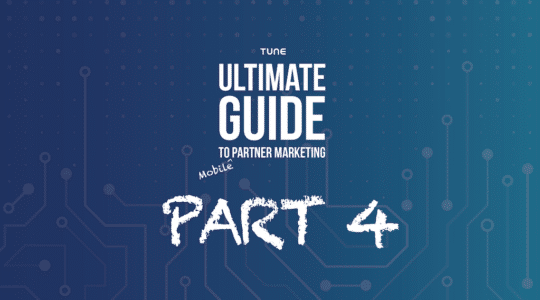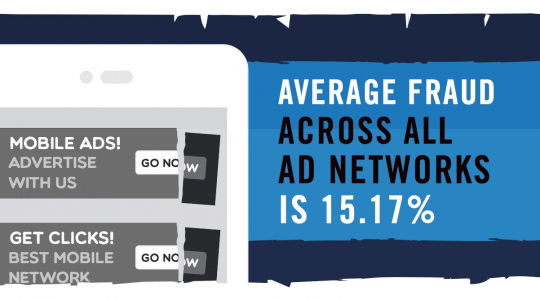
Last year Peter, our CEO, released a new mission statement.
“Inventing the future of marketing technology that is people centric, fully connected with advertising, and unifies the industry through a wall-less garden.”
Initially, we thought that this would only be a guiding light for our executive and product teams, an internal statement to help them make decisions to drive the company forward. In trying to implement that, we realized that a top-down approach didn’t accomplish the ultimate goal laid out in the statement itself — to unify the industry. The statement started showing up everywhere: on all of the conference room TVs, desktop backgrounds, as wall vinyls above or in front of every toilet. Despite its ubiquity, one question remained: “What the heck is a wall-less garden and why is it in our mission statement?”
A brief history of gardens
Walled gardens are popular, particularly with northern English and Scottish nobility, due to their ability to create microclimates, allowing plants from far warmer climates to survive where they previously could not. The walls shield these plants from the harsh realities of winter in the British Isles, reducing wind and slowly releasing stored solar energy that sustains the fragile plants through the rough season. In some cases, these walls were heated with furnaces or boilers to amplify these effects.
Walled gardens are also popular in technology. Frequently, companies build their platforms to deliberately exclude their competitors for their own benefit. This practice began early in the mainframe computing days, mostly because of differing underlying technologies. It has persisted due to protectionist business strategies, protecting features that would otherwise not survive in the open market.
Wall-less gardens are far rarer amongst the nobility in the British Isles, even though the plants within them are more mundane and better suited to their local environments. The wall-less garden is the horticultural expression of the free market: only the strongest, best-suited plants survive. Furthermore, plants can introduce themselves to the environment without being specifically curated by a gardener.
In technology, the wall-less garden exists in a few notable places. The company that has best implemented this approach is Salesforce, whose AppExchange allows many companies to build features that service use cases Salesforce itself could never dedicate enough engineering effort to. This allows for a network of point solutions to exist as parts of the broader platform, allowing for the highest quality components, and the best possible customer experience.
 It’s a question we faced internally as well, leading to the creation of TUNE icons like Wallace the Wall-Less Walrus, our “Truth speaking industry technologist without boundaries,” in addition to several very in-depth slide decks. What took us several hours of presentations and an honestly pretty awesome mascot to explain can be summed up in one sentence. It boils down to this:
It’s a question we faced internally as well, leading to the creation of TUNE icons like Wallace the Wall-Less Walrus, our “Truth speaking industry technologist without boundaries,” in addition to several very in-depth slide decks. What took us several hours of presentations and an honestly pretty awesome mascot to explain can be summed up in one sentence. It boils down to this:
Being wall-less is identifying our core competencies, focusing on those, and providing an environment where other businesses can fill the gaps we leave behind.
Admittedly, enabling an ecosystem of businesses complementary to our product offering has not always been our priority. Like any good business we must focus occasionally on the growth of our own products. However, this part of our mission is meant to signify that we recognize we cannot experience the success we want without our ecosystem of partners and integrators.
How is this manifesting itself in our roadmaps and the in future of the TUNE platform?
- Rethinking our integrations program to focus on self-serve integration
- Rethinking our APIs to allow for easier access for integrators and a better experience for customers
- Adding roadmap items to enable deeper levels of integration, both on front end and in our dataflow
- Releasing more “enablement code” to facilitate a community of builders
- Doubling down on our core feature set
We’re really excited to deliver on this part of our mission statement and to see what this new approach means for the broader online advertising ecosystem. What do you think would unify the industry best?
Author
Becky is the Senior Content Marketing Manager at TUNE. Before TUNE, she handled content strategy and marketing communications at several tech startups in the Bay Area. Becky received her bachelor's degree in English from Wake Forest University. After a decade in San Francisco and Seattle, she has returned home to Charleston, SC, where you can find her strolling through Hampton Park with her pup and enjoying the simple things in life.




Leave a Reply
You must be logged in to post a comment.